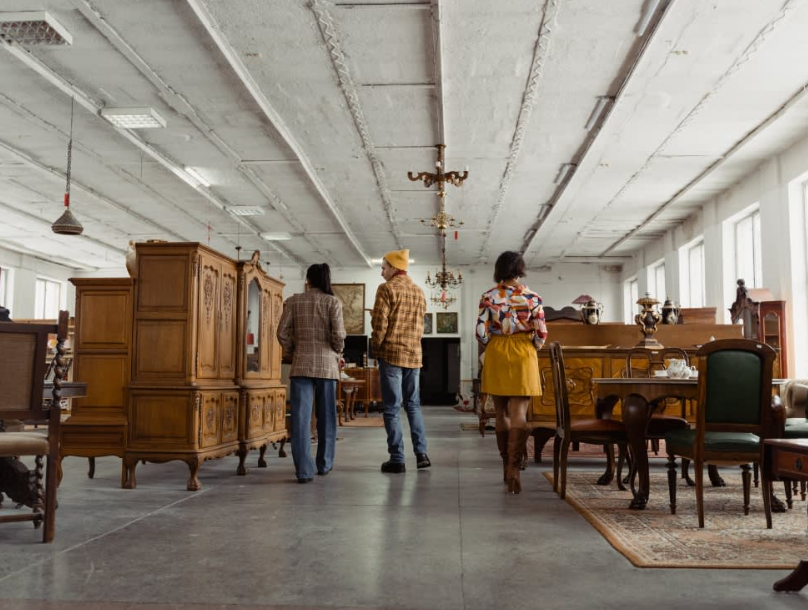Furnishing your business spaces can often be a source of both excitement and stress. The furniture in your offices sets the stage for your brand’s identity and provides the foundation for your employees’ productivity. With budget constraints and sustainability goals becoming ever more prevalent, the choice to buy second-hand furniture can be an attractive one. However, navigating the myriad of second-hand furniture sellers can be daunting. Here are five critical considerations to help you make the right choice for your business’s aesthetic and practical needs.
1. Reputation and Reliability
When choosing a second-hand business furniture seller, the company’s reputation should be at the top of your checklist. A seller with a solid reputation is more likely to have a rigorous quality control process, which means your furniture is less likely to come with unanticipated issues. Reliable second-hand furniture doesn’t just mean it won’t break down; it means that you can source replacements or upgrades without the hiccups that can bring business practices to a grinding halt.
2. Quality of Inventory
The second-hand market is rich with unique finds, but it’s crucial to balance style with substance. When evaluating a seller’s inventory, ensure that you’re looking beyond just the aesthetics. Check for signs of wear and tear, test the functionality of moving parts, and consider the overall durability of each piece. It’s also important to ensure that the furniture meets safety standards, particularly if you run a business where customers are invited to your office.
3. Pricing and Value
The allure of second-hand business furniture often lies in its cost savings, but it’s important to conduct a thorough cost-benefit analysis. While the upfront price may be lower, consider the overall value in terms of longevity and the potential costs of repairs and maintenance. Compare the second-hand prices with those of new furniture, taking into account any warranties or additional services offered. Striking the right balance here can lead to substantial savings without compromising on quality.
4. Customer Service and Support
Good customer service can transform a positive purchase into a long-term relationship. From the first inquiry to delivery, the level of customer service you receive can be indicative of how the seller stands behind their products. Look for indicators such as responsiveness to inquiries, flexibility in delivery options, and the presence of warranties or return policies. After all, every element of your business, including furniture, benefits from a reliable support system.
5. Sustainability and Eco-Friendly Practices
Businesses are increasingly being judged not only by their products and services but also by their environmental impact. Opting for second-hand furniture reflects a commitment to sustainability, which can resonate with customers, employees, and stakeholders. Choose a seller who is transparent about their sourcing practices and materials, and who can provide information on how buying used furniture contributes to a circular economy.
Conclusion
Choosing a second-hand furniture seller for your business requires careful consideration. Prioritizing reputation, quality of inventory, pricing and value, customer service and sustainability can help you make an informed decision. By considering these factors and conducting thorough research into potential sellers, you can furnish your business spaces with stylish, reliable and environmentally friendly furniture that reflects your brand values. So go ahead, make a sustainable and cost-effective choice for your business spaces today!

